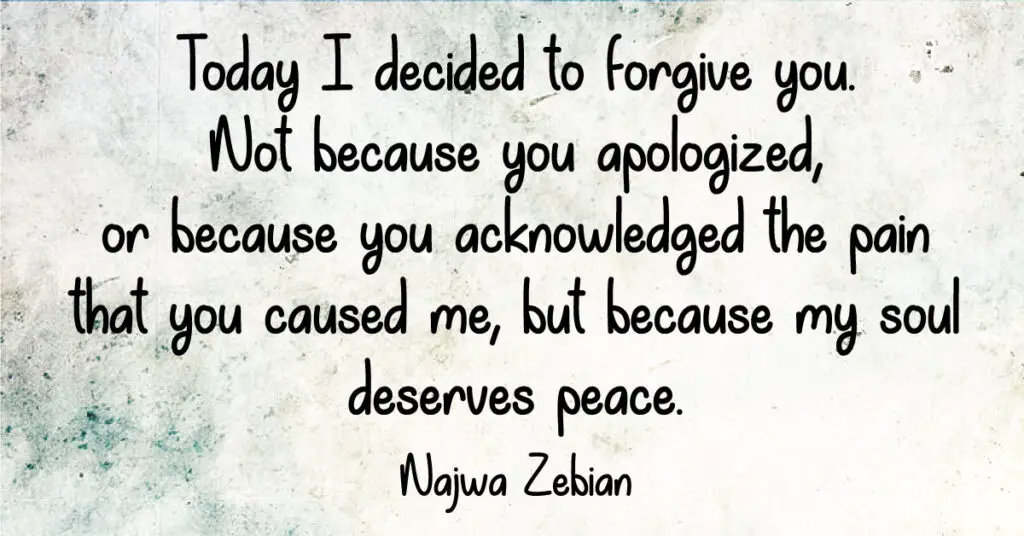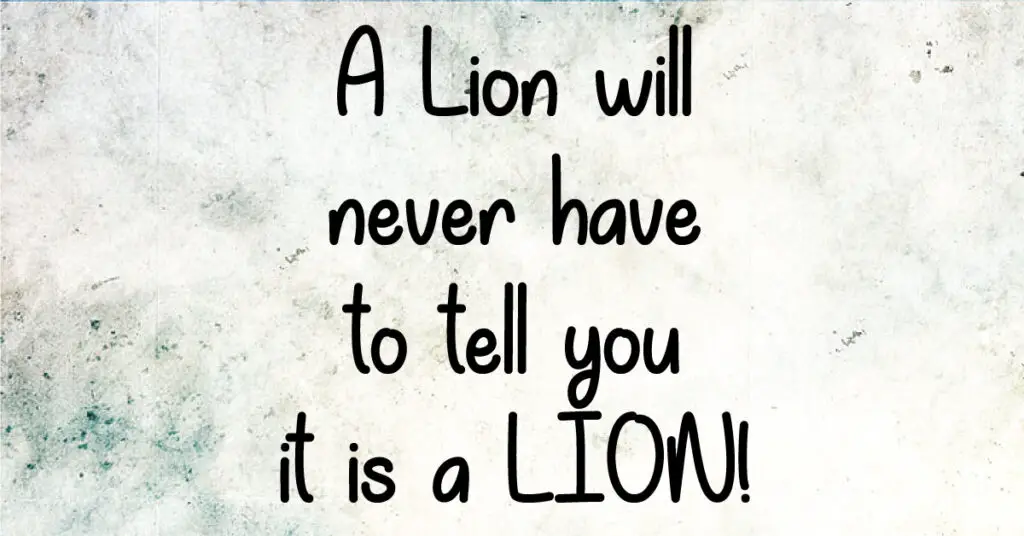In the complex whirlwind of human interactions, relationships play a pivotal role. They can bring us immense joy and fulfillment, acting as the cornerstone of our happiness and personal growth. However, not all relationships are created equal. Bad relationships, characterized by constant conflict, emotional drain, and a lack of mutual respect and understanding, can deeply affect our mental and emotional health.
They can leave us feeling trapped, unhappy, and can even impact our self-esteem. It’s important to recognize the signs of a bad relationship, as it’s often the first step towards breaking free from negative patterns and pursuing healthier, more fulfilling connections.
Here are six symptoms that might suggest your girlfriend may not be the best fit for you:
Constant Criticism
Constant criticism in a relationship can be a significant problem. While constructive criticism is an essential part of personal growth and can be beneficial, there is a fine line between healthy feedback and damaging criticism.
Constructive Criticism vs. Destructive Criticism
Constructive criticism is characterized by helpful suggestions and feedback aimed at improving a situation or behavior. It’s communicated with respect and care, intending to help the other person grow and improve. For example, your girlfriend might kindly suggest you work on time management if she notices you’re often late for appointments.
Destructive criticism, on the other hand, is characterized by harsh, demeaning comments that offer no helpful solutions or steps for improvement. It often includes personal attacks, belittling, and a lack of respect for the person being criticized. For instance, if she often tells you that you’re worthless because you’re always late, it’s a sign of destructive criticism.
Effects of Constant Criticism
Constant criticism can have several detrimental effects on the recipient. It can lead to lowered self-esteem, increased anxiety, feelings of inadequacy, and even depression. It can also create a toxic environment in the relationship, leading to resentment and a lack of mutual respect.
What She Might Do
- If your girlfriend is continually criticizing you in a demeaning manner, she may:
- Belittle your achievements and efforts, making you feel like nothing you do is good enough.
- Make personal attacks or insult your character, which can make you feel disrespected and unloved.
- Blame you for problems in the relationship, even when it’s not warranted.
- Use sarcasm or a mocking tone when communicating with you, which can make you feel inferior or ridiculed
What You Can Do
It’s important to address this issue openly and honestly. Express your feelings about her constant criticism and how it impacts you. Request that she communicate her concerns or issues in a more constructive, respectful manner. If the behavior continues despite your efforts, consider seeking professional help such as couples counseling. However, if the situation does not improve, it may be best to evaluate whether the relationship is healthy for your well-being.
Lack of Support
Emotional support forms the bedrock of any meaningful relationship. It involves being there for your partner, understanding their feelings, and offering comfort during challenging times. A lack of emotional support can make a person feel isolated and uncared for, which can lead to serious issues in the relationship.
Understanding Lack of Support
When your girlfriend is dismissive of your feelings or struggles, it could suggest a lack of empathy on her part. Empathy is the ability to understand and share the feelings of another. In a relationship, it involves recognizing your partner’s emotions and responding to them with care and understanding.
If your girlfriend consistently downplays your feelings, reacts indifferently when you’re upset, or shows no interest in understanding your point of view, these are signs of a lack of emotional support. This lack of empathy could stem from various factors, such as her own emotional struggles, a lack of understanding of your situation, or even a disregard for your feelings.
Effects of Lack of Support
Lack of emotional support can have several negative effects. It can make you feel alone, undervalued, and misunderstood in the relationship. Over time, this can lead to feelings of resentment, low self-esteem, and emotional distress. It can also create a divide between you and your girlfriend, leading to a lack of intimacy and connection.
What She Might Do
If your girlfriend lacks empathy or emotional support, she might:
- Be dismissive when you express your feelings or concerns.
- Show indifference or lack of interest when you’re upset or struggling.
- Fail to provide comfort or reassurance when you need it.
- Seem unresponsive or distant during emotional conversations
What You Can Do
Addressing this issue requires open and honest communication. Express your need for emotional support and explain how her dismissive behavior makes you feel. Encourage her to share her feelings as well and strive to understand each other better.
Consider seeking professional help if the situation doesn’t improve. Couples therapy can provide tools and techniques to enhance emotional support and communication in your relationship.
Controlling Behavior
Understanding Controlling Behavior
A controlling partner tends to exert power over various aspects of their significant other’s life. This could include dictating your actions, deciding who you can interact with, or determining how you spend your time. Such behavior often stems from the controlling person’s insecurities and fear of losing their partner or their status in the relationship.
Effects of Controlling Behavior
Being with a controlling partner can be detrimental to your personal freedom and self-esteem. You might feel trapped, manipulated, or constantly on edge. Over time, this can lead to feelings of isolation, anxiety, depression, and a sense of loss of identity.
What She Might Do
If your girlfriend is displaying controlling behavior, she might:
- Dictate who you can and cannot hang out with.
- Demand to know where you are and what you’re doing at all times.
- Make decisions on your behalf without your input or consent.
- Criticize or belittle you to make herself feel superior.
- Use guilt or manipulation to get her way.
What You Can Do
Addressing this issue requires assertiveness and clear communication. Express your concerns about her controlling behavior and set boundaries for what you find acceptable. Stand firm on these boundaries and don’t let guilt or manipulation sway you.
Seeking professional help, such as individual or couples therapy, can also be beneficial. A therapist can provide strategies and tools to deal with controlling behavior and improve communication within the relationship.
Dishonesty
Understanding Dishonesty
Dishonesty in a relationship can take many forms, from lying about major issues to concealing small details. Regular dishonesty erodes trust, which is the foundation of a healthy relationship.
Effects of Dishonesty
When trust is compromised, it can lead to feelings of betrayal, hurt, and insecurity. It can cause emotional damage, create distance between partners, and ultimately, may even lead to the end of the relationship.
What She Might Do
If your girlfriend is regularly dishonest, she might:
- Lie about both significant and trivial matters.
- Conceal information or avoid answering certain questions.
- Change her story frequently or provide inconsistent explanations.
- Become defensive or evasive when confronted about her dishonesty.
- Show signs of deception, such as avoiding eye contact, fidgeting, or changing her tone of voice.
What You Can Do
Address the issue directly by expressing your concerns about her dishonesty. Encourage open and honest communication, without judgment or hostility. If she acknowledges her behavior and shows willingness to change, consider working together to rebuild trust.
However, if dishonesty continues to be a pattern, it might be worth considering professional help, like couples therapy, or even reassessing the relationship. Everyone deserves to be in a relationship where they feel valued, respected, and above all, trusted.
Refusal to Communicate
Understanding Refusal to Communicate
Effective communication is crucial in a relationship. It’s the way we express our needs, desires, and concerns to our partners. If your girlfriend refuses to communicate effectively, it can lead to misunderstandings, confusion, and resentment.
Effects of Refusal to Communicate
A lack of communication can cause small issues to escalate into major disagreements. It can also lead to feelings of frustration, loneliness, and emotional distance between partners.
What She Might Do
If your girlfriend refuses to communicate effectively, she might:
- Avoid discussing issues or expressing her feelings and needs.
- Ignore or dismiss your attempts to initiate conversation.
- Respond with silence, short answers, or defensiveness when you try to communicate.
- Rely on non-verbal cues or passive-aggressive behavior instead of open dialogue.
What You Can Do
Encourage open and honest communication in a non-confrontational manner. Make it clear that you value her thoughts and feelings, and that you’re willing to listen without judgment.
Consider using “I” statements (e.g., “I feel…, when…”) to express your feelings and needs, which can reduce blame and promote understanding.
If the communication issues persist, consider seeking help from a professional counselor or therapist. They can provide strategies and techniques to improve communication within your relationship.
Disrespectful Behavior
Understanding Disrespectful Behavior
Disrespectful behavior in a relationship can take many forms. This can range from belittling comments to disregard for your feelings or boundaries. Such behavior is not just hurtful, but it’s also indicative of an unsuitable partner.
Effects of Disrespectful Behavior
Disrespectful behavior can damage your self-esteem and create a toxic environment. It can lead to feelings of worthlessness, frustration, and emotional distress.
What She Might Do
If your girlfriend regularly exhibits disrespectful behavior, she might:
- Make belittling comments or criticize you frequently.
- Disregard your feelings, opinions, or experiences.
- Cross your boundaries even after you’ve communicated them clearly.
- Mock, ridicule, or dismiss your achievements.
- Show a lack of consideration for your time, efforts, or commitments.
What You Can Do
It’s important to address disrespectful behavior directly and assertively. Communicate how her actions make you feel and establish clear boundaries.
If the disrespectful behavior continues, consider seeking professional help through relationship counseling. In some cases, it might be necessary to reassess the relationship altogether, as everyone deserves to be treated with respect and dignity.
Final thought
A healthy and fulfilling relationship is built on mutual respect, open communication, and honesty. If you find yourself in a situation where these fundamental aspects are consistently compromised, it’s crucial to address the issue directly. Encourage open dialogue about your concerns, establish clear boundaries, and don’t hesitate to seek professional help if needed. Remember, everyone deserves to be in a relationship where they feel valued, respected, and loved. Your well-being and happiness should always be a priority.








